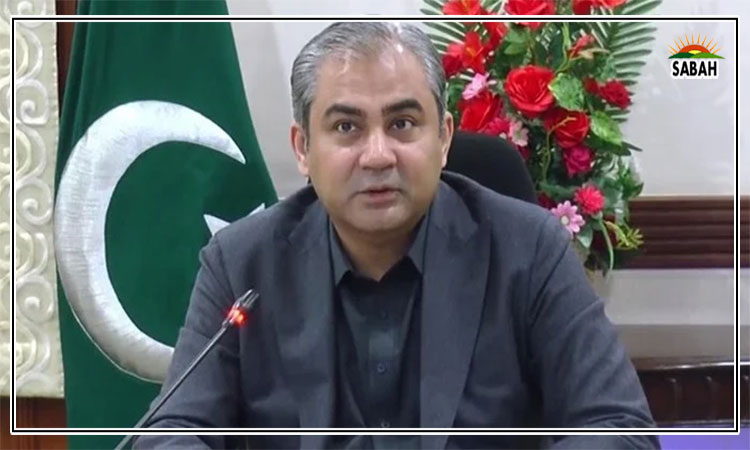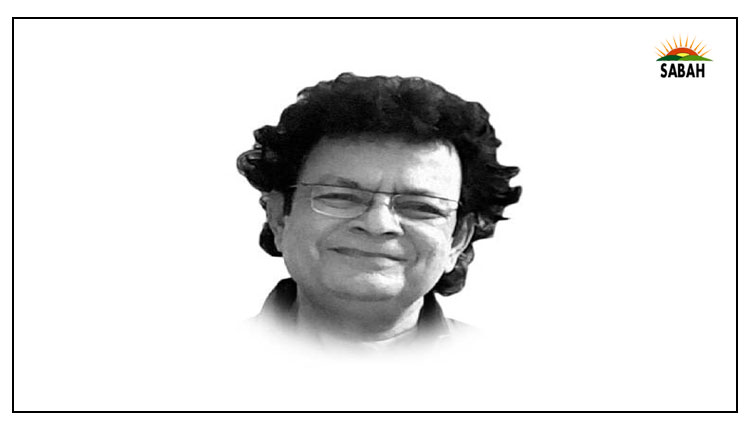Tormented by memories…Aftab Ahmed Khanzada
Inge Genefke says, The aim of torture is to destroy a person as a human being, to destroy their identity and soul. It is more evil than murder.
Human history is full of killings. In fact, the history of the world nations is the history of murders. World War-II was perhaps the most horrific, destructive and bloodiest war in human history. A dark chapter in human history, this war describes the dimensions of a painful and incredible human tragedy. As a result of this war, a large number of prosperous cities full of life turned into ruins and countless families were exiled and millions of people lost their lives.
A significant number of films have been made about the crimes of the Nazis and the horrors of World War-II. But the film, The Pianist, based on the biography of polish pianist Wladyslaw Szpilman is one of note. Like Szpilman, the director of the film Roman Polanski was one of the Jews who himself witnessed the horrors of this war. Polanski, born in Poland to a polish-French Jewish family, spent his childhood in Warsaw during WWII. Even in his childhood, he had become familiar with horror, fear and pain. He was only 8 when a half-dark night in September burst upon him. The German army had entered his city and the death was dancing everywhere. Like countless other people, his parents were also taken prisoner. His father managed to escape from the imprisonment, but his mother was killed during imprisonment.
The grief of my mothers separation is so deep that only my death can end it, says Polanski. His tragic past always lived with him. He tried to describe the pain, but he could not find relief. I always knew that one day I would make a film about this painful period and the history of Poland, he said.
Spanish painter and sculptor Pablo Picasso was also among the victims of WWII. He created a painting protesting the devastation caused by the German air raid on Guernica. When the German army attacked his studio and saw the painting, named Guernica, they did not understand anything. On the canvas there was a bull shouting towards the sky; there was a horse, a woman and perhaps a child, and the screams of all of them were coming out of the canvas. The Nazi Germany soldiers asked Picasso if that picture was made by him. Picasso replied, No, this picture is made by you.
When Ashoka, intoxicated with power, rode out on his horse to see his victory in the War of Kalinga, he saw a vast battlefield littered with corpses of soldiers, more than a hundred thousand soldiers. Carrion-eating birds had landed on them. Women from nearby villages had arrived there; they were crying while searching for their relatives among the corpses scattered on the battlefield. Ashoka saw how terrible the face of victory was. He dismounted from his horse, raised his face to the sky and wailed, What did I do? If this is victory, then what is called defeat! Is it bravery or cowardice? Did I do all this to expand my kingdom and become rich or to vandalise the glory of other enthronement? What are these piles of dead bodies?
We call the primitive man uncivilised because he was savage, cruel and selfish. The human history is full of people responsible for tragedies, horrors and destructions. And while such cruel and selfish people can easily be identified in the world history, Pakistan is the only country where it is impossible to identify and punish those who looted and ruined the people. What is even more concerning is that no one is ready to accept the responsibility for the tragedies we have faced during the 76 years of our existence. No one is ready to answer how countless innocent lives were lost in the name of religion and nationalism. Werent they all human beings? Didnt they have the right to live and be happy? Why doesnt someone make a film on the lives and deaths of these innocent people? Sadly, the blame game continues.
Courtesy The Express Tribune












